Quang Ngai is implementing the collection of DNA from unidentified martyrs to build a "gene" bank to serve the identification and relatives of heroic martyrs.
DNA samples taken from more than 1,000 unidentified martyrs
The National Institute of Forensic Medicine coordinated with the Department of Labor, War Invalids and Social Affairs of Quang Ngai province to excavate and collect biological samples to determine the DNA of thousands of unidentified martyrs buried in martyr cemeteries in the province to build a database to serve the search for relatives of heroic martyrs.
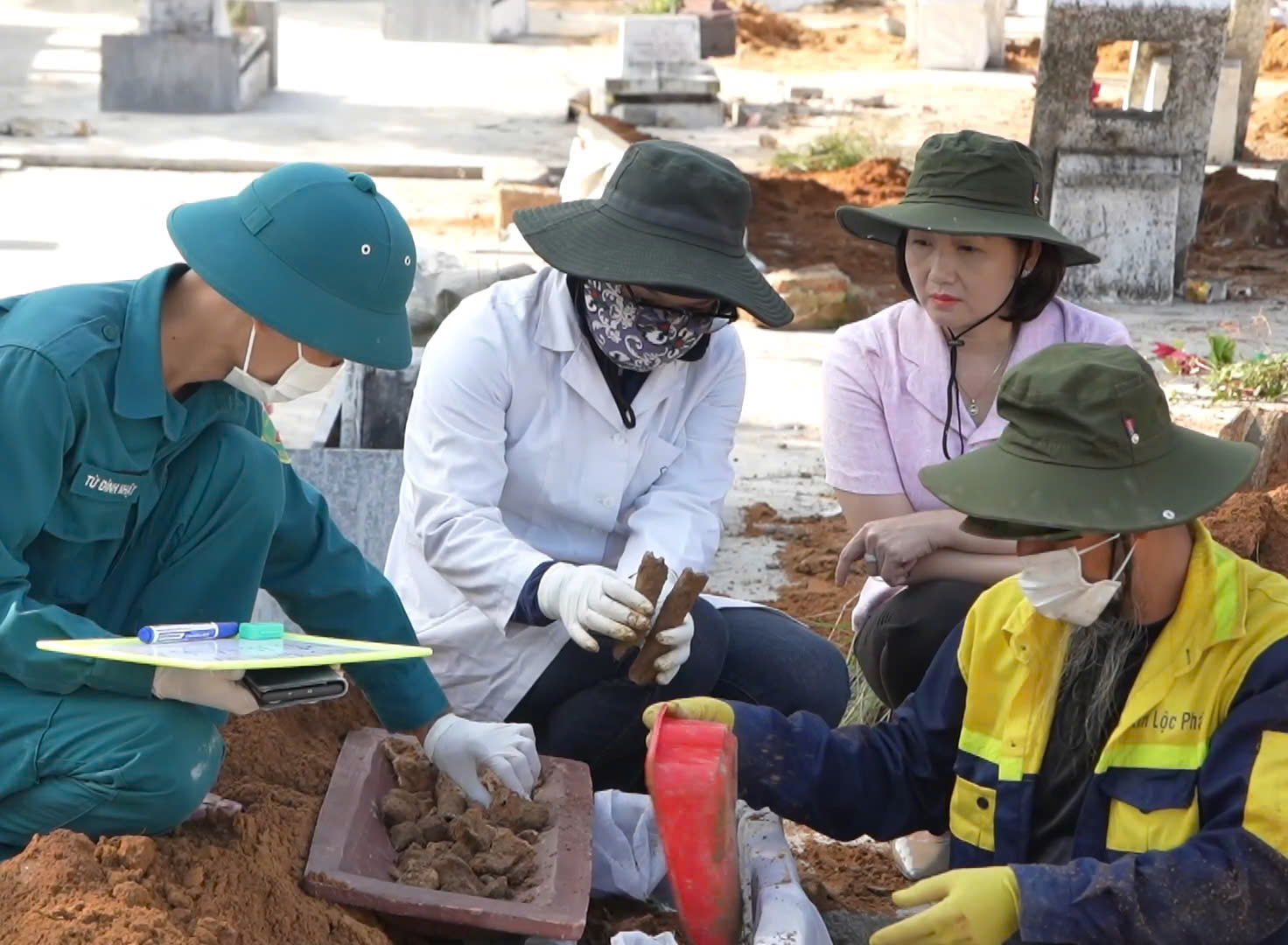
Quang Ngai urgently carried out excavation and DNA sampling to confirm information about the martyrs.
This is the first time Quang Ngai has implemented this to open up more opportunities to find relatives of martyrs buried in martyr cemeteries but whose identities have not been determined for a long time.
At the martyrs cemetery of Duc Phu commune, Mo Duc district, the sampling work was very urgent. Mr. Nguyen Giap Thin, Chairman of the Commune People's Committee, continuously went back and forth to monitor the collection of 282 DNA samples at the graves that were excavated this time.
Mr. Thin said that whatever the group needed, the local authorities would immediately send people to support. We also hoped very much, hoping to soon have information about the martyrs because they sacrificed their lives in exchange for today's peace. The sampling was done urgently, but also very carefully. Most of the biological samples were qualified for DNA testing.
At the martyrs' cemetery in Nghia Thang commune, Tu Nghia district, for over a week, forensic officers have been excavating 396 graves of unidentified martyrs, taking biological samples for DNA testing of a total of 786 martyrs buried there.
Chairman of the People's Committee of Nghia Thang Commune Vo Sinh Quan said that among the 396 graves with unknown information, there were many soldiers from the North who fought and died in Quang Ngai, so the families were looking forward to finding the graves of their loved ones. The commune assigned militia forces to support the excavation to collect samples for DNA testing.
"Many times, relatives followed the combat unit to Nghia Thang, but among the rows of unidentified gravestones, the authorities could not answer which grave belonged to the martyr their relatives were looking for.
Taking biological samples and DNA testing is really meaningful. The locality has assigned militia forces to support the excavation, helping the sampling process go faster. We hope to soon find relatives of the martyrs," said Mr. Quan.
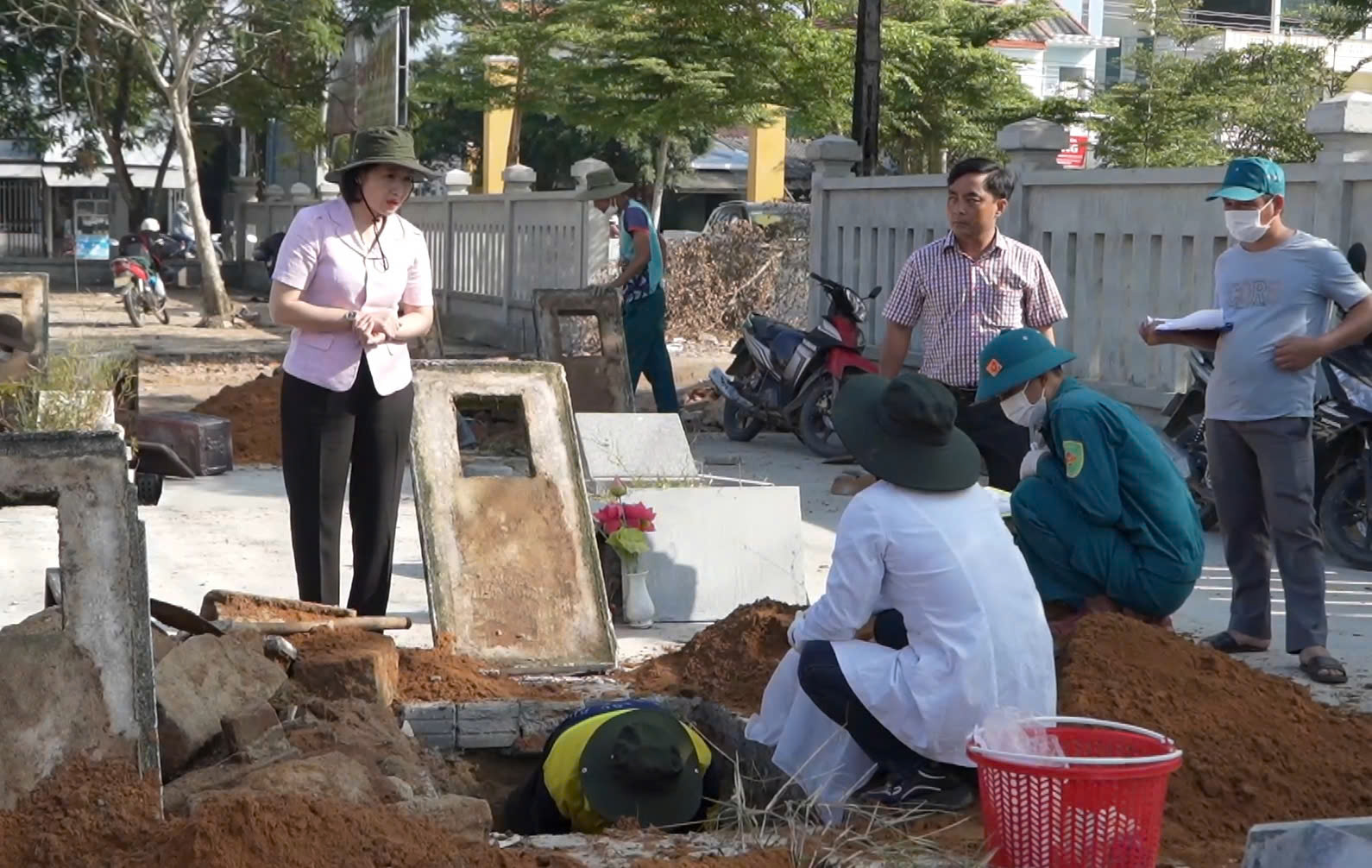
During this period, Quang Ngai excavated nearly 1,100 martyrs' graves to collect DNA samples to search for relatives of the martyrs and also to identify the martyrs after decades.
It is known that during this round of DNA sampling to identify and find relatives of martyrs, the Department of Labor, Invalids and Social Affairs coordinated with the National Institute of Forensic Medicine to excavate and collect biological samples to identify DNA for 1,096 unidentified martyrs' remains buried at martyr cemeteries in the communes of Nghia Thang (Tu Nghia), Duc Phu (Mo Duc), Tinh Minh (Son Tinh), Hanh Phuoc (Nghia Hanh) and Pho Hoa ward (Duc Pho town).
Meaningful work for ancestors
Although the excavation and DNA sampling carried out have great significance to comfort the relatives of the heroic martyrs who died for national independence. However, through sampling and analysis of 1,096 excavated graves, only 427 graves still have biological samples that can be DNA tested. The remaining graves are very difficult to sample because the remains were buried for a long time.
However, the team still tried to find samples with even the smallest hope. Records from the sampling sessions showed that the staff worked very responsibly towards their ancestors and the relatives of the martyrs, who were always in the hearts of those on duty.
Over the past 3 years, Quang Ngai province has made continuous efforts to verify and identify DNA for martyrs. DNA samples of martyrs are kept and preserved at the DNA Bank for Unidentified Martyrs and their relatives nationwide.
Thereby helping the martyrs' relatives to look up and compare DNA samples to determine the martyrs' identities, find their graves and bring them back to their hometowns for burial.
Along with taking samples, in recent years, Quang Ngai authorities have also visited homes to collect samples from relatives of martyrs who have not been found.
Recently, the police of Pho Ninh ward, Duc Pho town came to the house of Ms. Nguyen Thi Chi (91 years old, An Truong residential group, Pho Ninh ward) to carry out procedures to take DNA samples.
As if to release some of the sadness of half a century of searching for her son's grave, Mrs. Chi silently thanked the hearts of the "children" who were searching for her son's identity.
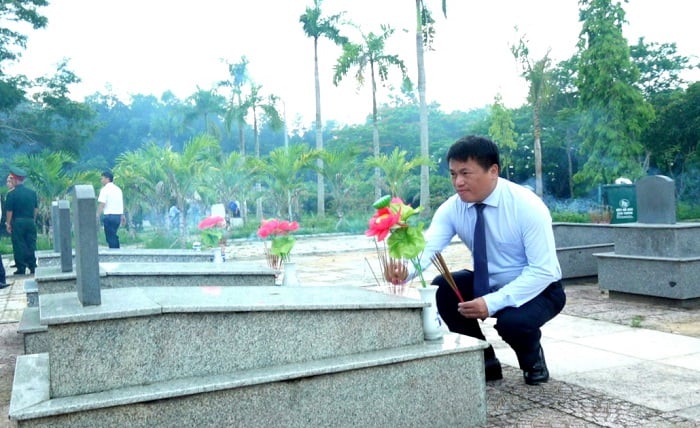
Standing Deputy Secretary of Quang Ngai Provincial Party Committee offers incense to heroic martyrs.
"All my life I have wished to know where my child is. I hope this time you will help me find my child," Ms. Chi confided.
Understanding the concerns of the martyrs' relatives, local police in Quang Ngai have urgently reviewed data on martyrs' remains and the personal information of families of martyrs whose remains have not been identified to collect samples for comparison; cleaned up personal information of martyrs and created a data warehouse on the national population database.
Thereby, we are ready to integrate DNA information of martyrs' remains and relatives with the identity database, preparing for the journey to search, identify and reunite martyrs with their relatives.
Director of the Department of Labor, Invalids and Social Affairs of Quang Ngai, Nguyen Thi Anh Lan, said that the Department has focused on directing relevant units to speed up the sampling progress, striving to complete the collection of biological samples of unidentified martyrs' remains for DNA identification by the end of 2024.
This is one of the gestures to show gratitude and repay the heroes and martyrs who sacrificed their lives and are buried at the cemeteries whose information has not been identified.
Quang Ngai province currently has 117 martyr cemeteries with over 29,000 martyr graves. Of these, more than 1,000 graves have full information, 16,000 graves have partial information and 11,000 graves have unidentified information.
Source: https://www.baogiaothong.vn/quang-ngai-no-luc-tim-nhan-than-cho-hon-1000-anh-hung-liet-sy-vo-danh-19224120915002561.htm







![[Photo] Cutting hills to make way for people to travel on route 14E that suffered landslides](https://vphoto.vietnam.vn/thumb/1200x675/vietnam/resource/IMAGE/2025/11/08/1762599969318_ndo_br_thiet-ke-chua-co-ten-2025-11-08t154639923-png.webp)


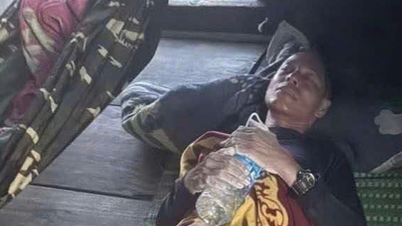


































![[Video] Hue Monuments reopen to welcome visitors](https://vphoto.vietnam.vn/thumb/402x226/vietnam/resource/IMAGE/2025/11/05/1762301089171_dung01-05-43-09still013-jpg.webp)













































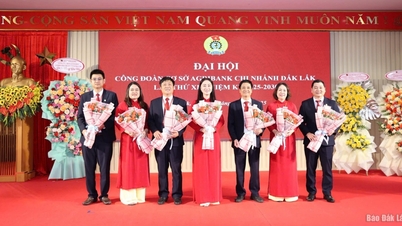

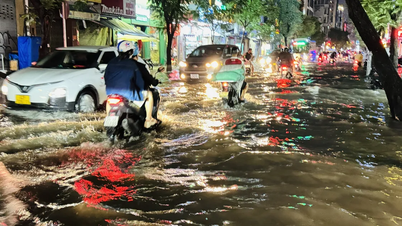
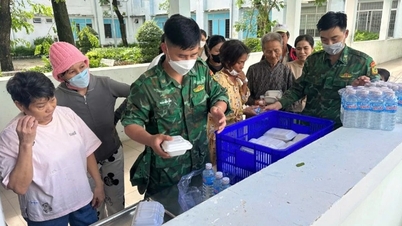















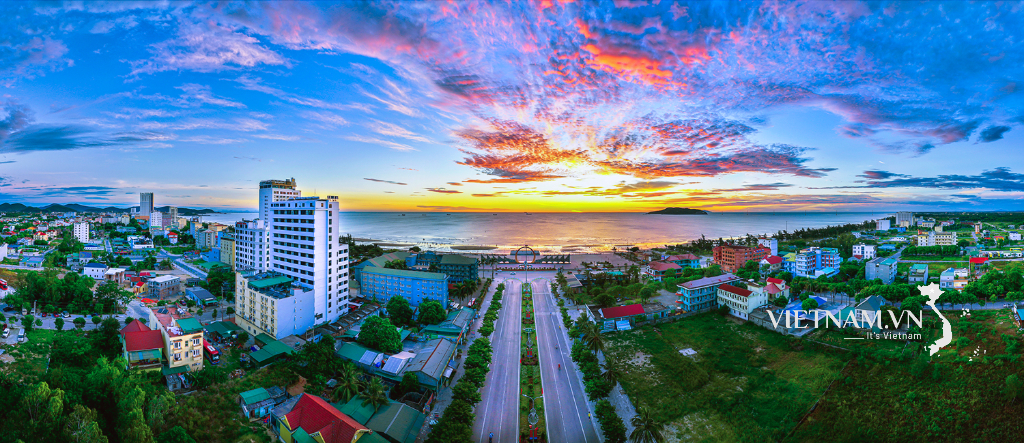
Comment (0)